RESEARCH THEMES
RESEARCH Streams
SHORTCUTS
Want to know more about our research? Click here!
INTERDISCIPLINARY COURSES
Stockholm Resilience Centre offers interdisciplinary courses on first (Undergraduate), second (Master's) and third (PhD) levels of University education. Want to know more about our courses? Click here!
POLICY and Practice
Our engagement in science-policy-practice activities has increased steadily over the years and range from high-level UN dialogues to local resilience assessments. Want to know more about our policy work? Click here!

Photo: Pxhere
Bildtext får vara max två rader text. Hela texten ska högerjusteras om den bara ska innehålla fotobyline! Photo: B. Christensen/Azote
Standfirst
Promoting human and environmental health by tailoring evidence-based action to local context
Seminar with Ross A. Hammond, Director of the Center on Social Dynamics & Policy, Brookings Institution, 19 June 2018
Text
Major health threats now facing developed and developing countries alike, such as the obesity pandemic, are challenging to solve. This is partly because they have many interacting causes and because dynamics can be strongly shaped by local context. In many cases, human health and environmental health are also deeply interconnected.
In this presentation, Professor Hammond will introduce the concept of "precision prevention" and provide an overview of new work at the intersection of complex systems science, public health, and environmental science that is helping policymakers to address these challenges by tailoring action to local context using tools from complex systems science. He will draw on his experience directing research projects funded by the U.S. National Institutes of Health and the Wellcome Trust, as well as the work of the Lancet Commission on Obesity.
About Ross A. Hammond
Ross A. Hammond, Ph.D., is Senior Fellow in Economics at the Brookings Institution and Director of the Center on Social Dynamics & Policy, which applies approaches from complex systems science to problems in public health and social science. He is also joining the faculty of Washington University as an Associate Professor and the Bettie Boffinger Brown Endowed Chair, and serves on the external faculty of the Santa Fe Institute. Hammond is currently a member of the Food & Nutrition Board of the U.S. National Academies of Science, the Lancet Commission on Obesity, and has formal advisory roles at both the U.S. National Institutes of Health and the Food and Drug Administration. His current research topics include obesity etiology and prevention, food systems, tobacco control, health disparities, and early childhood development.

Stockholm Resilience Centre
Stockholm University, Kräftriket 2B
SE-10691
Phone: +46 8 674 70 70
info@stockholmresilience.su.se
Organisation number: 202100-3062
VAT No: SE202100306201



